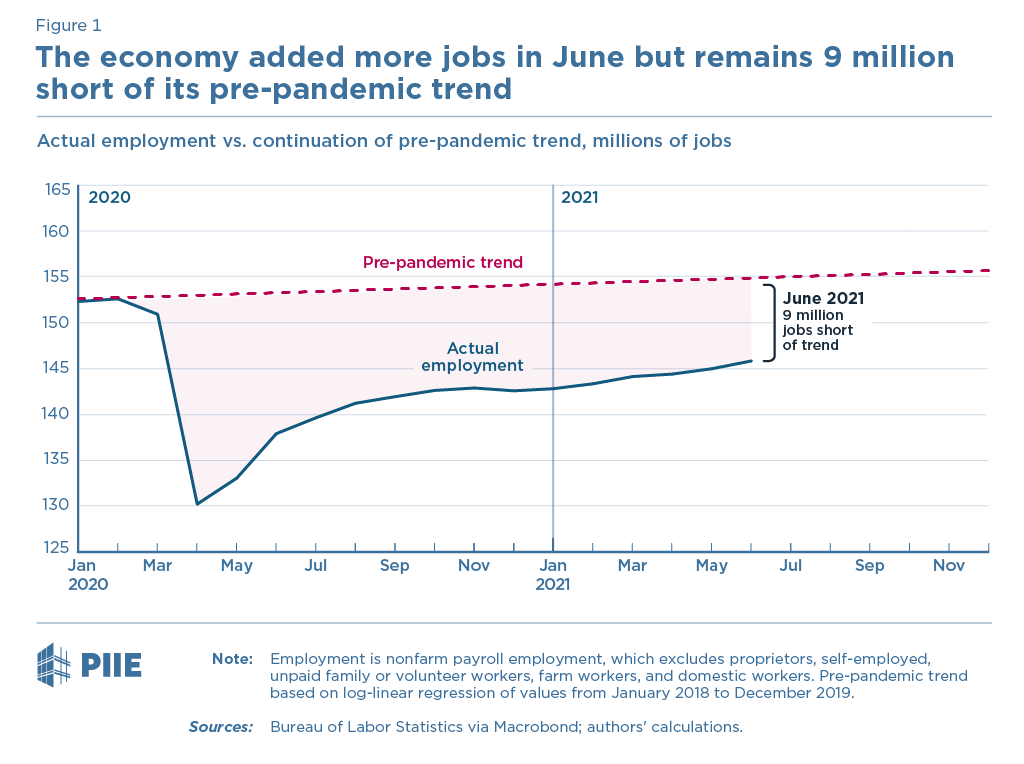
Have been really enjoying the new @PolicyImpacts website from @nhendren82 & @bsprungkeyser, a great source for evidence-based benefit-cost analysis of govt spending (including tax expenditures) on education, health, nutrition, disability and much more.
policyimpacts.org
policyimpacts.org
The site builds on their research on the Marginal Value of Public Funds (MVPF) which compares *long-run* benefits to long-run net costs, importantly factoring in any savings from higher taxes on higher wages, savings on healthcare, etc. academic.oup.com/qje/article/13…
Policymakers working to prioritize can take advantage of their library of one hundred or so interventions all organized in a reasonably comparable way.
(Caveat: as always, make sure results are robust/applicable, don't run out & make policy on a single paper if you can help it.)
(Caveat: as always, make sure results are robust/applicable, don't run out & make policy on a single paper if you can help it.)
Some of the most exciting policies are the ones that have this benefit-cost ratio of ∞. In my view we should not be paying for policies that rigorous research have found pay for themselves. 

For researchers, using this concept is a great way to present results in the most policy-relevant sense and also in a manner that will be comparable. The library should grow over time, both covering more topics and multiple estimates of the same topics.
Finally: a great opportunity to attend their inaugural conference on 8/12 or apply for an early career grant. policyimpacts.org/events/35/poli… policyimpacts.org/events/36/appl…
• • •
Missing some Tweet in this thread? You can try to
force a refresh








